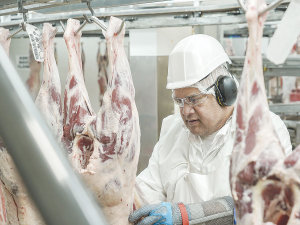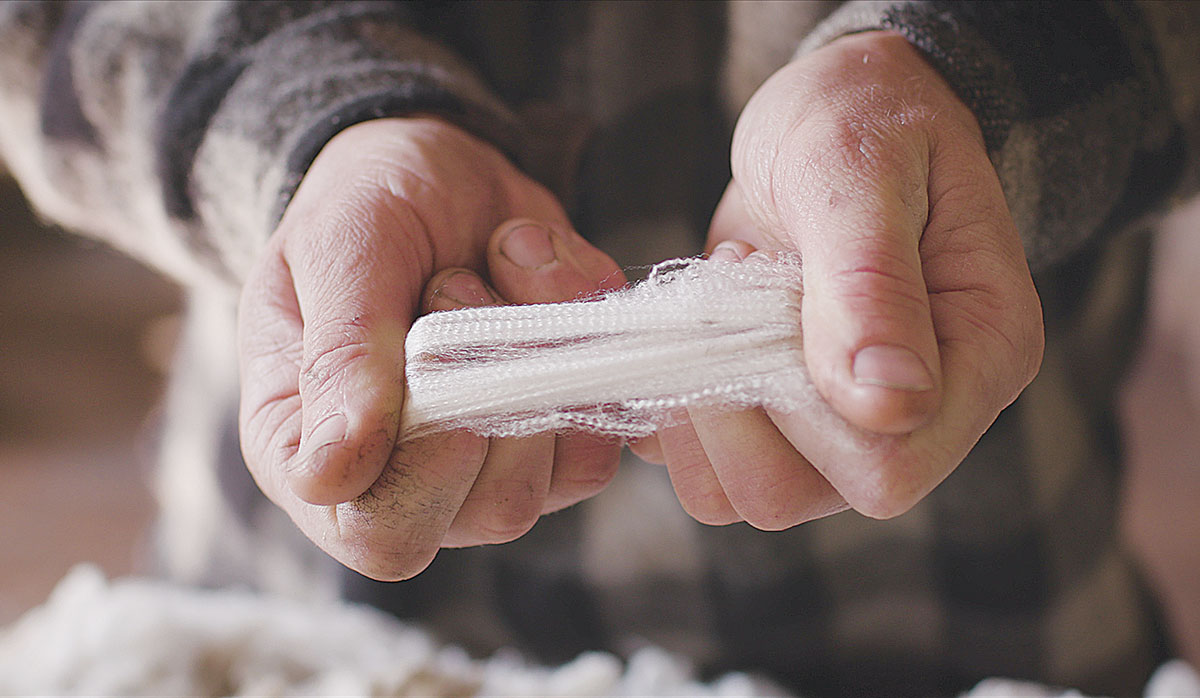NZ food & fibre exports to reach record $62b by 2026
New Zealand's primary sector is set to reach a record $62 billion in food and fibre exports next year.
 Lamb export revenue is expected to fall by 8% to $3.3 billion in 2022/23, while mutton revenue will be down by 19% to $570 million.
Lamb export revenue is expected to fall by 8% to $3.3 billion in 2022/23, while mutton revenue will be down by 19% to $570 million.
The medium term prospects for the meat and wool sector are gloomy based on the numbers in the latest MPI Situation and Outlook for Primary Industries (SOPI) report.
It says revenue for the sector is expected to decrease by 3% to $11.9 billion for the year to 30 June 2023, drop again in 2024 and only get back to the 2023 level by 2027. The report puts this decline down to the global cost of living crisis, which is straining household budgets and the Covid challenges in China where consumer confidence is down.
The report notes that after a strong 2021/22 season, the average farm profit before tax for 2022/23 for all classes of sheep and beef farms is expected to fall by a massive 31% to $146,300. It says this fall in profit is due to the increase in farm input costs and weaker meat export prices.
Inflation is identified as another factor that is putting downward pressure on sheep and beef farm earnings. In response, the SOPI report points out that farmers are applying less fertiliser, planting fewer crops and delaying maintenance. Fertiliser costs have risen by 15% and debt servicing by 51%.
Stock numbers show a slight decline in both beef cattle and breeding ewe numbers and it is forecast that this trend will continue through to 2027.
While beef export prices fell by 3% in 2022/23, the news is a bit better going forward with a prediction that global beef supplies will tighten as the USA beef herd contacts in size, but the SOPI report says the market will be more volatile.
Lamb export revenue is expected to fall by 8% to $3.3 billion in 2022/23, while mutton revenue will be down by 19% to $570 million. The downward trend for lamb exports is expected to continue this season, with lamb dropping by 11% and mutton by 21%.
 |
|---|
|
In 2022/23, wool prices dropped slightly but are expected to pick up over the next few years. |
The reason for this drop in export returns, according to the SOPI report, is due to the lockdowns and slow economic growth in China and high food inflation weakening demand in the UK.
In the 2022/23 year, wool prices dropped slightly but they are expected to pick up over the next few years to be about the same as they were in 2022. The SOPI report notes that wool prices will continue to recover - but only gradually. It also notes that the extreme weather in many regions delayed shearing, with the resulting wool clip quality worse than it might have bee. However, it points out that farmers had little option but to shear their sheep or suffer animal welfare issues.
While the numbers may not look good, it can be argued that farmers did an amazing job considering the raft of challenges that they have faced in the past year. Some on the East Coast of the North Island are still dealing with major on-farm problems caused by cyclones and storms.
MPI director general, Ray Smith, says the sector has done a great job in navigating these challenges and notes their commitment to fuelling NZ's prosperity.
Former Fonterra executive Alex Turnbull has been appointed CEO to lead all five Yili Oceania Business Division companies in New Zealand.
Fonterra executive René Dedoncker is leaving the co-operative later this year to lead Australian agribusiness Elders.
Alliance Group and the Southland Stags rugby team have joined forces in a partnership that will see the the meat co-operative's farmgate brand feature on players' team kits and replica jerseys.
Fonterra's plan to expand its organic programme to the South Island is being well received by farmers, the co-op says.
Voting has started for the renewal of DairyNZ's milksolids levy.
The most successful catchment groups in NZ are those that have 'a source to sea' approach.

OPINION: Here w go: the election date is set for November 7 and the politicians are out of the gate…
OPINION: ECan data was released a few days ago showing Canterbury farmers have made “giant strides on environmental performance”.